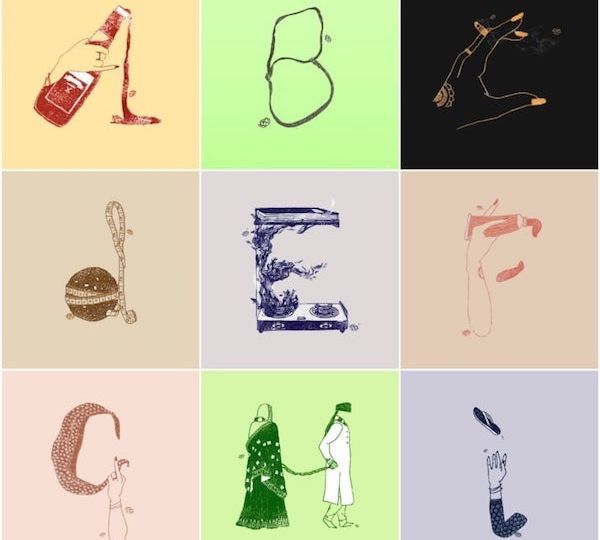
When it comes to women’s personal preferences and decisions, everything seems to be up for discussion. Right from childhood, girls and women are forced to listen while patriarchy takes the guise of relatives’ reproaches and neighbours’ not-so-hushed whispers. As gender norms reinforce gender norms that further reinforce gender norms, these sounds telling us how to speak, dress and behave, become immense and hard to tune out.
The increasing accessibility and openness of the Internet, however, has created a space for emerging activists to speak out against these norms using many ways and mediums. As a student-led movement in India continues to fight discriminatory and arbitrary rules hostels place on women, in a refreshing move, one of the country’s prestigious colleges recently lifted its hostel restrictions on female residents.
The potential for art to connect people and to challenge thinking is continuously widening. Aarushi Jain, a 21-year-old artist from India, perfectly captures the societal expectations placed on women in her representation of the English alphabet. Motivated by her own experiences, Aarushi designed each letter of the alphabet to represent one of the many different ways in which patriarchy pokes its nose into the lives of young Indian women on a daily basis. Her portrayal of this patriarchy manifests itself in the form of the ‘quintessential Indian aunty’ – an older woman who takes it upon herself to put younger women in ‘their place’ – in her piece The A to Z of Indian Aunties:
Find the collection here.
We curate videos and images based on our monthly theme, and credit and link back to their original source.